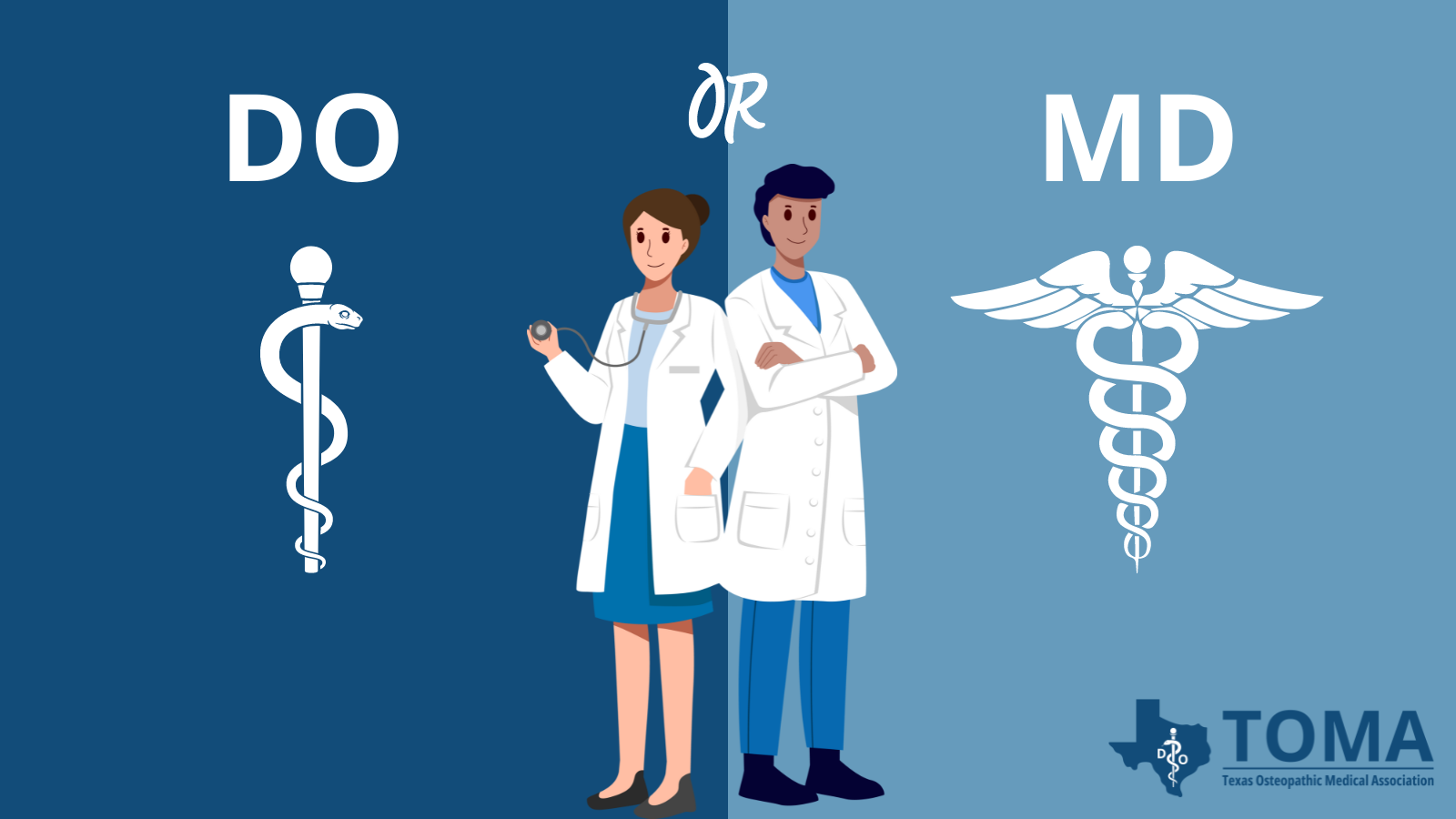|
What is a D.O.?
Osteopathic physicians perform surgery, deliver babies and prescribe medicine in hospitals and clinics across the nation. Whether they are family doctors or specialists, D.O.'s use all the tools of modern medicine and more. D.O.'s help patients develop attitudes and lifestyles that don't just fight illness, but prevent it. They give special attention to how the body's nerves, muscles, bones and organs work together to influence health. And, through osteopathic manipulative treatment, they can use their hands to diagnose injury and illness and encourage the body's natural ability to heal itself. These "extra touches" distinguish the D.O.'s whole-person philosophy of medicine. It's a century-old tradition of caring for people, not just treating symptoms. FAQsWhat is a D.O.?Accounting for approximately 11% of all physicians in the United States, Doctors of Osteopathic Medicine, or DOs, bring a unique, patient-centered approach to every specialty across the full spectrum of medicine. They are trained to listen and partner with their patients to help them get healthy and stay well. DOs practice in all medical specialities, including primary care, pediatrics, OBGYN, emergency medicine, psychiatry and surgery. Moreover, DOs hold some of the most prominent positions in medicine today, including overseeing care for the President of the United States, the NASA medical team, Olympic athletes and many who serve in the uniformed services. What is osteopathic medicine?The osteopathic philosophy of medicine sees an interrelated unity in all systems of the body, with each working with the other to heal in times of illness. Osteopathic medicine is practiced by Doctors of Osteopathic Medicine, or DOs, who bring a whole-person approach to care by focusing on looking beyond your symptoms to understand how lifestyle and environmental factors impact your wellbeing.
|


